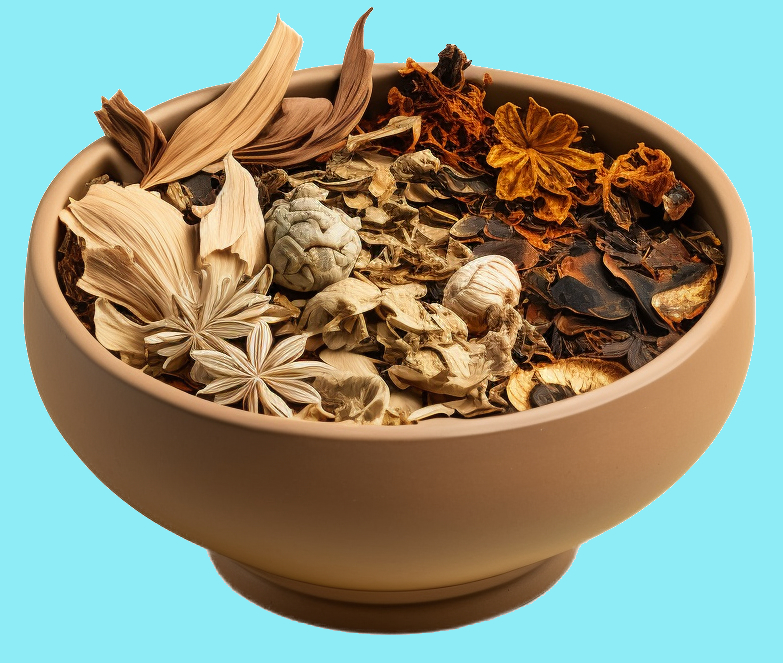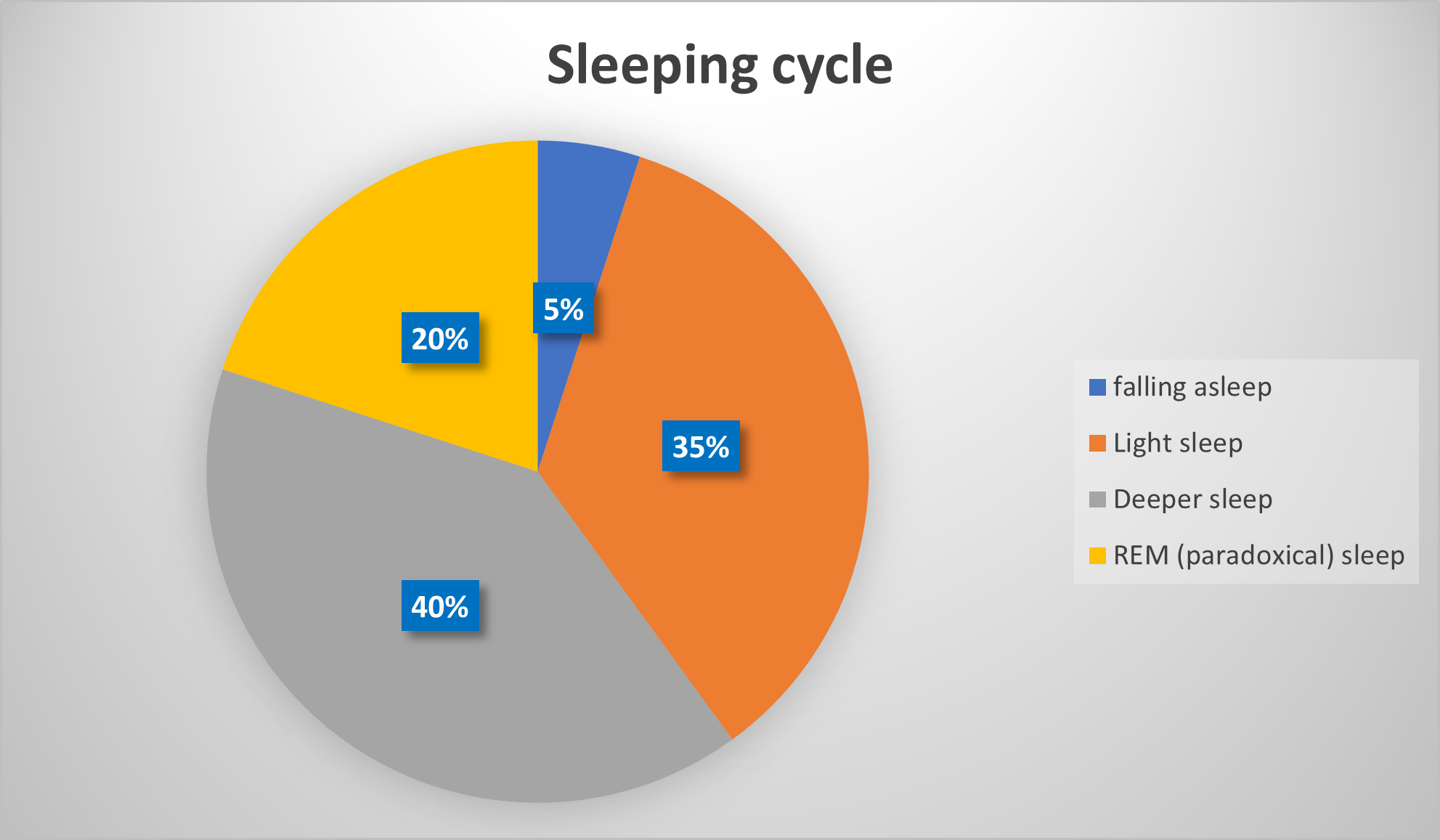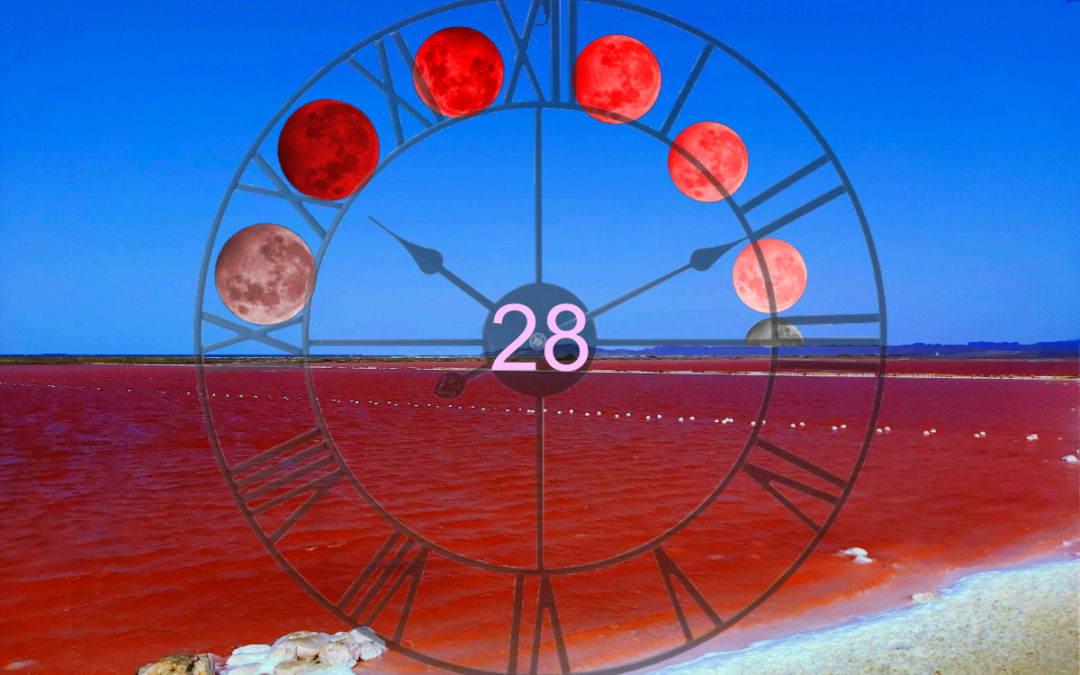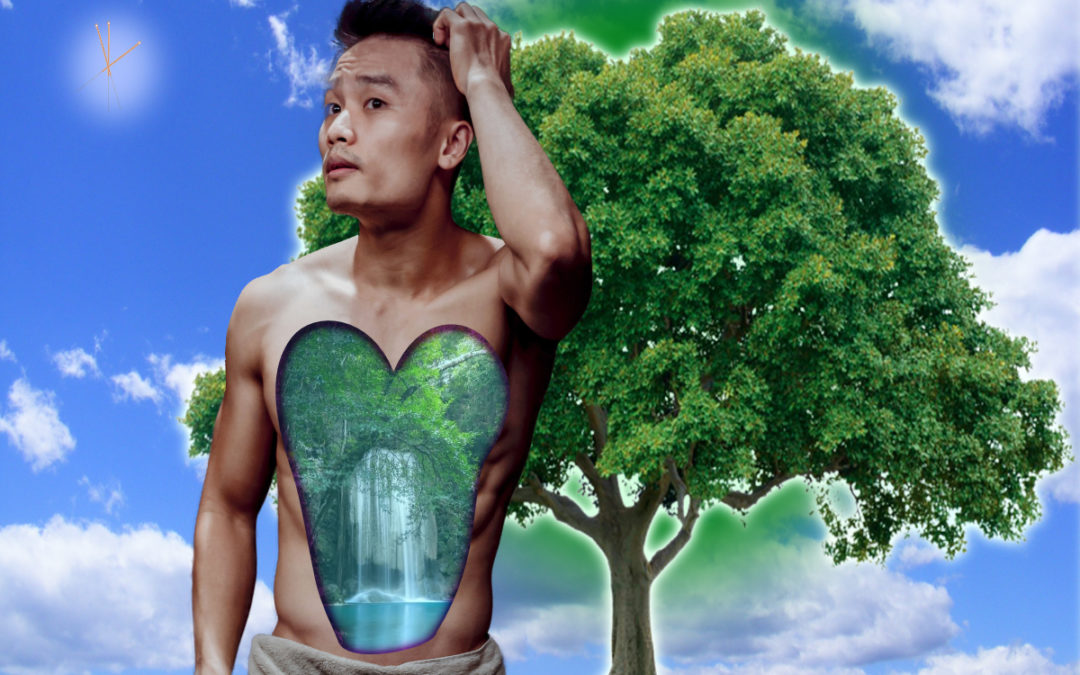
Sleeping disorders
Soothing the shen for a peaceful rest
Between 10 and 30% of adults worldwide suffer from chronic insomnia. This disorder particularly affects women. But it can also be found in older people, or in people suffering from depression, post-traumatic stress disorder, among others.
The need for rest varies greatly from one person to another, but sleep is a vital need for every human being. Fatigue disrupts our internal balance and affects our mood and therefore our well-being.
Yet most of us have experienced disturbed nights, or simply difficulty in getting to sleep. This results in waking up in the morning feeling tired despite resting.
For some people, these problems can be very serious and last for a long time. The list of these sleep disorders is long. One of the main culprits is stress. This is increasingly present and even pervasive in our daily lives. Exposure to screens also plays a role. Few people experience the three to five 90-minute sleep cycles that neuroscientists believe we should experience.
A look at traditional Chinese medicine (TCM)
According to TCM, disturbed sleep can cause exhaustion and even weaken our immune system. Sleep disorders are caused by an energy imbalance. Normally, before going to bed, the Yang decreases to make room for the Yin. Yin then corresponds to rest and immobility of the body and mind.
Conversely, if there is a fullness of Yang or an emptiness of Yin, the mind or “Shen” cannot find calm and rest… Sleep is then disturbed.
Certain factors are known to be unfavourable to falling asleep or sleeping:
Intense physical activity at the end of the day or in the evening can disturb sleep.
Eating too many rich meals, especially in the evening, degrades the quality of our sleep.
Finally, emotional instability, stress, torment, overwork and nervousness have a heavy impact on the Shen (Spirit), which is housed in the Heart.
A good night’s sleep to fill up with energy
The kidneys, as we have already explained in our articles, are the fundamentals of vital energy. In addition to the ancestral energy given to us by our parents at the time of conception, the kidneys store the energy that we recover day after day through, among other things, our food. As you probably already know, ancestral energy is a fixed and limited capital that is gradually depleted.
Fortunately, there is a way of not drawing on this ancestral capital and therefore of regenerating the kidneys: sleep.
It is often socially frowned upon to go to bed before midnight. However, it is between 10 p.m. and 4 a.m. that the kidneys are restored. Everyone should learn to know their sleep requirements.
Some people need 6 hours, others 9 hours; some people need to go to bed early, others need to get up later. And let’s not neglect naps, which play a major role in energy recovery.

The Yǎngshēng or the importance of a healthy lifestyle
Traditional Chinese medicine proposes through yǎngshēng to avoid sleep disorders. Firstly, it encourages a light diet (easy digestion). It advises against heavy meals before bedtime, late dinners, consumption of tonics (teas, coffee, soft drinks); also advised against strong flavours likely to disturb the Heart and therefore by extension the Shen.
It is essential to take care of our emotional health. The heart must fall asleep first. We should make sure that we have a good meditation before going to sleep, especially if we are feeling a little excited. It is preferable to listen to music that is known to be relaxing. Finally, we should avoid passionate or even confrontational discussions before bedtime, which put a strain on the emotions. Finally, in the evening we choose the company of loving and compassionate people, or simply people who do not need psychological support.
The solutions of Chinese medicine
Acupuncture
Acupuncture for people who suffer from sleep disorders helps to restore a good circulation of Qi. It promotes the harmonisation of Yin and Yang as well as that of body and mind, which are inseparable in the treatment of illnesses.
By stimulating specific points, we can treat the causes of these disorders and regulate the energy flow to facilitate sleep.
The frequency of the sessions is inherent to each individual, but close sessions, of the order of 2 to 3 times a week, generally give very conclusive results.
Plants as a natural alternative
The health benefits of herbs help to relax the body and mind and facilitate sleep to ensure a peaceful night’s sleep. We choose recipes with soothing and calming properties to prevent and relieve sleep disorders.
Indeed, Chinese pharmacopoeia proposes, by prescribing natural plant-based preparations, to: calm the Shen, nourish the Yin, and calm the excess of Yang at the origin of sleep disturbances.

We will find among other plants:
- Suan zao ren which nourishes the Blood of the Liver, soothes the Heart and calms the Mind.
- Ye jiao teng which nourishes the Yin of the Heart and calms the Spirit to find tranquillity and a deep and restful sleep.
- Mei gui hua for its calming and soothing virtues on the nervous system and favourable to sleep.
In no case are these plants consumed alone, in an herbal tea for example. If necessary, they will be included in a recipe composed according to a personalised diagnosis.
For a complete and revitalising cycle

1. Regular physical activity to improve the flow of energy in the body.
2. Avoid heavy meals, alcohol and caffeinated drinks before bedtime.
3. Create a calm and relaxing atmosphere in the bedroom, avoiding bright lights and noise.
4. Avoid working or using electronic screens before bedtime, so as not to over-stimulate the brain.
5. Follow a regular sleep pattern by going to bed and getting up at similar times each day
6. Practise relaxation techniques such as meditation or deep breathing before bedtime to calm the mind
7. Avoiding negative emotions such as anger, anxiety or stress, which can disrupt sleep by affecting the flow of energy in the body
Do not hesitate to consult us in case of persistent sleep disorders, in order to obtain a precise diagnosis and an adapted treatment.



